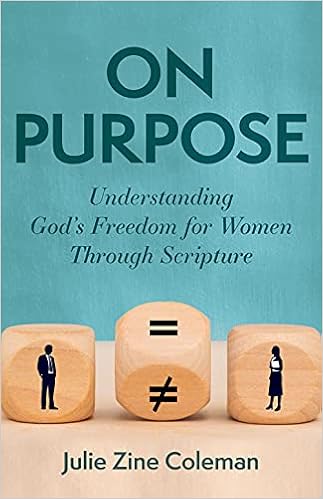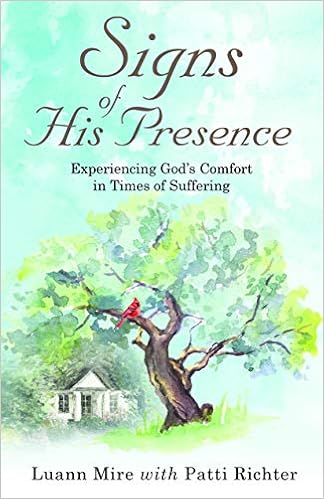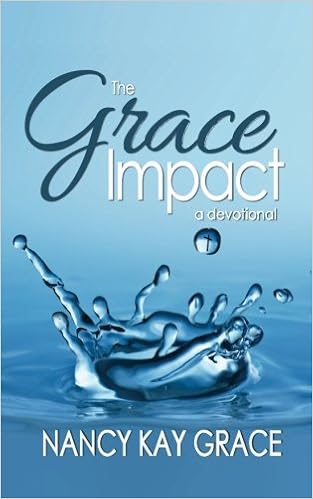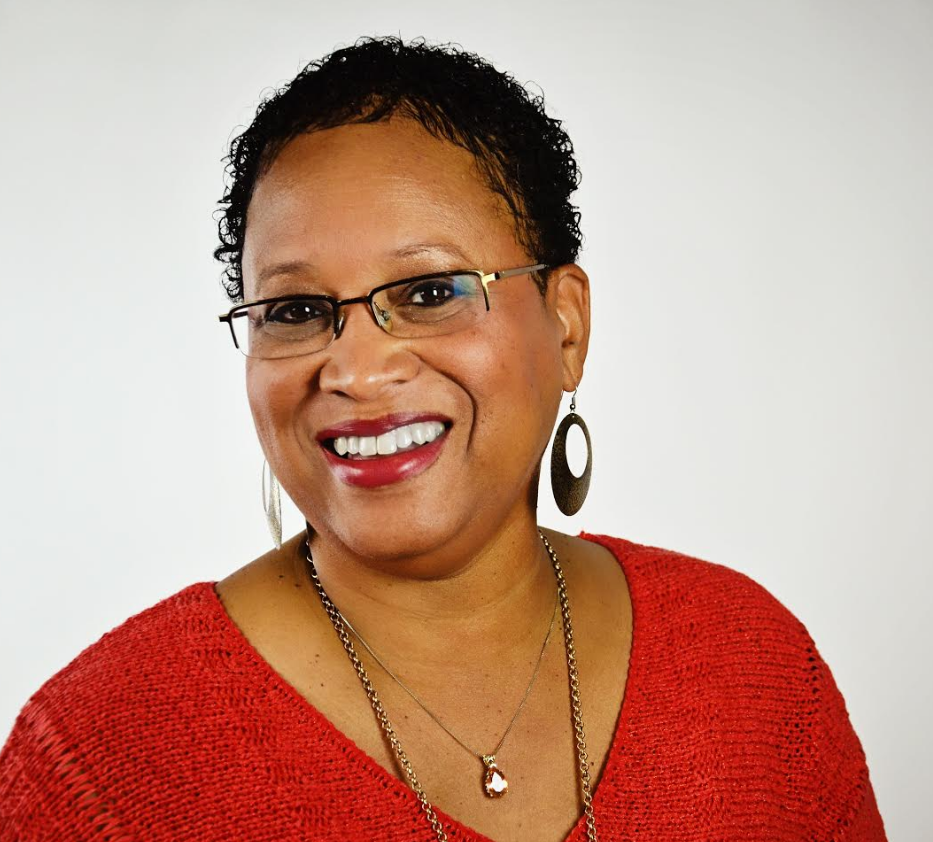by April Newbell
What doesn’t kill you makes you stronger. When life gives you lemons, make lemonade. When one door closes, another door opens. There are many such sayings we often hear. They may be pithy, yet they adequately express familiar truths or experiences. In the case of the above three, it all comes down to a choice in how to view our circumstances. When terrible things happen, we can choose to trust that God is with us over the uncertainty or difficulty before us.
I recently lost my husband in a sudden accident. It rocked my world; some days it’s hard to make the decisions that are now mine alone to make. Today’s decisions affect tomorrow’s outcome. I end up second guessing every choice.
I believe that everything that has a purpose and that God is working this all for my good—somehow, someway. I have faith in Him who created me and loves me more than anyone.
That kind of faith had Peter climbing out of a perfectly good boat to walk on the water. Matthew 14:29 (ESV): He said, “Come.” So Peter got out of the boat and walked on the water and came to Jesus.
It was the middle of the night and very dark, and those in the boat saw what they believed to be a ghost. Totally understandable, in light of the fact they had left Jesus on the shore without a boat. Then Peter blurted out, “If it is you Lord, command me to come to you.”
Jesus then told Peter, “Come”.
But just as you and I may well have done, Peter took his eyes off Jesus. He focused on the storm surrounding him and began to sink. Aren’t we just like that? We get so focused on our problems we take our eyes off the Problem-solver. We let our fears and doubts control us, causing us to sink deeper. We try to do things in our own strength, instead of taking it all to God. Or, we stay in the boat that we consider safe, instead of getting out and seeing what God has for us.
Peter had to have quite a bit of faith to leave his companions and get out of the boat. I wonder what Peter was thinking when he stepped out? What would Peter’s life have been like if he chose to let fear keep him in the boat? Would he have spent his life wondering what might have been if he had stepped out in faith?
Faith can make us do “crazy” things that look foolish to those around us. Like climbing out of boats. Building a boat with no rain in sight. Taking a rock to a spear fight. Standing up and speaking out for God against opposition. God loves it when we trust Him enough to risk of rejection or worse.
It’s time to choose obedience to the God we trust over fear. It’s time to get out of the boat.
This article is brought to you by the Advanced Writers and Speakers Association (AWSA).

About the author: April Newbell is a retired office manager for a family medicine office and an aspiring writer. She has previously published two devotionals on christiandeovtions.us. She enjoys writing devotions to which everyone can relate and apply to their lives. April and her husband, along with their dog, live in Huntsville, Alabama.
Join the conversation: Have you ever taken a leap of faith? What happened?


























![The Endling: A Novel by [Deborah Maxey]](https://m.media-amazon.com/images/I/41CvFli-GvL.jpg)